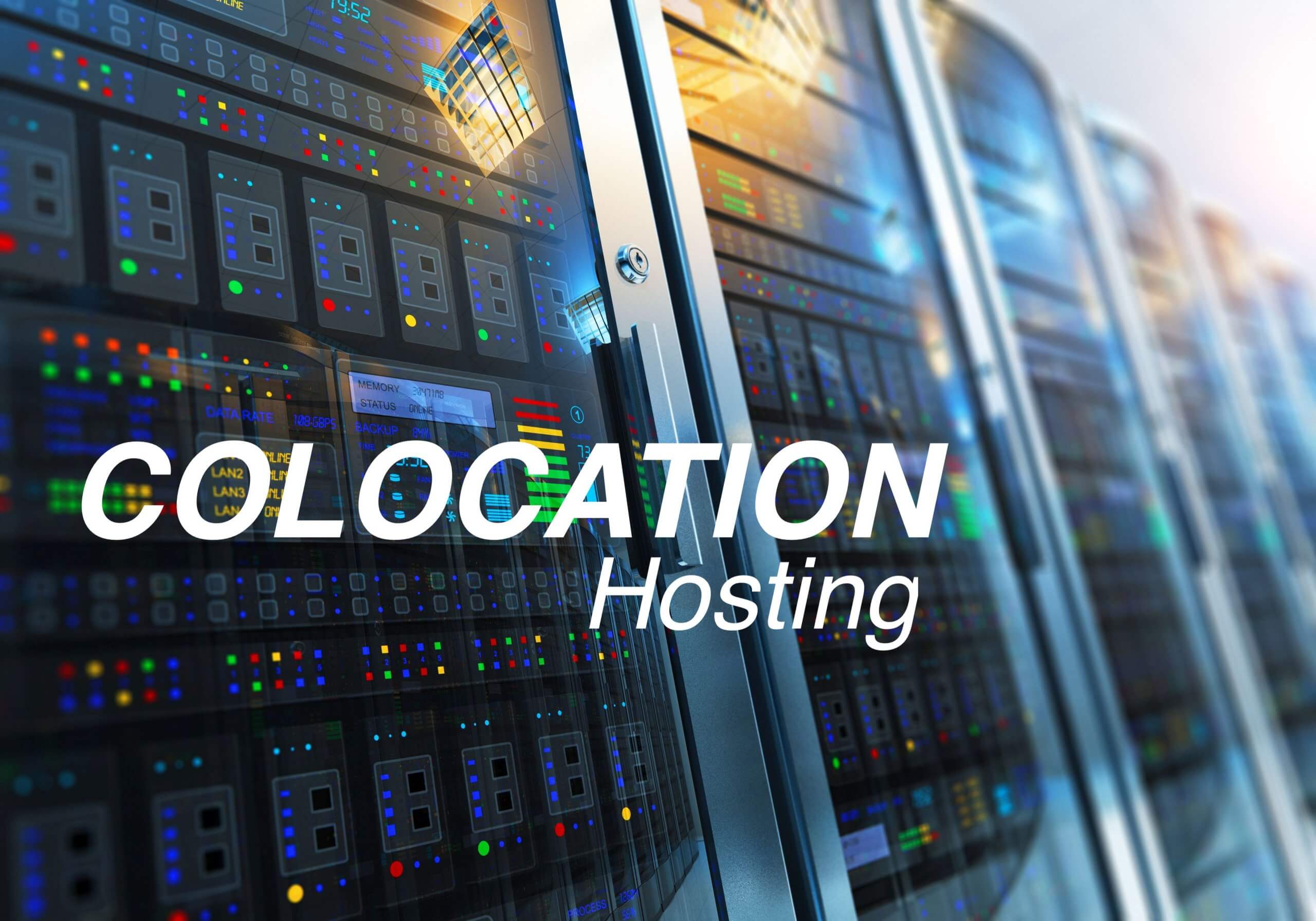Colocation Hosting: Is it right for your business?
It’s great if you have a business that can operate entirely in the cloud. Still, some need to house a portion of their IT equipment on-site. For them, colocation hosting is a solution with a lot of advantages. Should you consider the possibility of renting space for your IT hardware at an offsite data center facility? Continue reading below to find out what colocation hosting is and how it works.
What is Colocation Hosting?
Colocation hosting is a service where clients rent space in a data center they share with other businesses. Unlike a conventional third-party data center setup, however, the clients have total ownership over their own servers and software.
Many companies embrace cloud computing because outsourced data centers can lower IT costs and offer more flexibility. Still, many others run into management or customization issues if they have specific hardware or software needs. Colocation provides a helpful middle ground to balance the flexibility of the cloud with the ownership advantages of an on-premise setup.
In a colocation setup, the data center owner provides the physical space, electricity, cooling infrastructure, backup systems, and network resources. The clients then rent this space to host servers they own and manage.

How does it work?
To establish a colocation hosting arrangement, the customer must have their own physical server – one that they own. The customer isn’t renting a server from the hosting provider; rather, they are merely leasing space like they would at a rental storage company. The customer physically transports the server to the colocation hosting provider’s place of business, typically a data center. The customer only rents space within the data center or colocation site but maintains ownership and control of all hardware and software settings for that server. By communicating with the colocation hosting provider’s team, the customer can quickly upgrade or downgrade features like bandwidth and rackspace to fit the business needs.
Benefits of Colocation Hosting
Thanks to the shared hosting environment and on-site assistance, colocation hosting enables small-to-midsized businesses to achieve a respectable imitation of enterprise-level hosting capabilities. Even though your business is much smaller than the competitors, it will be able to compete on a level playing field in terms of technology thanks to this.
Added advantages include:
- Amazing Bandwidth – When you rent a space in one of our colocation hosting facilities, your server is connected to the hosting network and you have access to lightning-fast connection rates. Compared to a local provider, you will receive more bandwidth and more reliable service.
- Unlimited power – While no hosting scenario is completely risk-free, you are moving your server’s security from your workplace to a location designed to guard against power outages. An environment for colocation hosting has access to reliable power sources, battery backups, and generators.
- On-site surveillance – Most data centers hire security personnel or support staff to keep an eye out for illegal visitors throughout the day, every day of the week, and every day of the year. Who has access to the data center is under their control.
- Advanced climate control systems – It can be challenging to maintain the ideal temperature and humidity levels needed for servers to function at peak efficiency. The temperature control systems in a colocation hosting facility will be specially designed to enable the data center managers to correctly maintain ideal environmental conditions.
- Live monitoring of the hardware – In a typical office, the first sign that the hardware needs to be maintained, updated, or replaced is when anything breaks, slowing or stopping the output of your staff. With colocation hosting, IT specialists continuously check your equipment to make sure it is operating at peak efficiency.
- Improved management – Your servers at your physical location might be handled by a contract IT professional, a part-time employee, or a full-time worker who handles a variety of tasks.
Some disadvantages
Of course, colocation comes with some downsides, too. It’s important to recognize these to make the most informed decisions about what’s best for your business.
- Limited Control – Compared to entirely on-premise alternatives, colocation hosting means a sacrifice in control. While businesses still manage their own servers, they can’t tailor other aspects of the data center — like its power and cooling — to their preferences. That can benefit companies with less data center experience, but others may find it restricting. Being in charge of off-site hardware can also introduce some unique management challenges. If any servers require in-person servicing, employees must drive to the colocation center to perform maintenance. That can be time-consuming and costly if it happens often enough.
- High Initial Costs – Despite having lower ongoing costs, colocation can introduce higher upfront expenses. These are still lower than building your own on-premise data center, but they can be significantly higher than an entirely outsourced operation. With a managed service provider, businesses only have to pay a monthly fee, but colocation requires the upfront investment of the servers themselves. This does give companies the freedom to look for hardware within a certain price point, but this technology is often expensive. Considering IT spending already accounts for as much as 18% of companies’ revenue, that can be an obstacle for smaller businesses.

Is Colocation Hosting right for you?
Colocation hosting can be a valuable way for businesses in search of agility and scale to access the environment they need for their data centers. With colocation hosting, you can maintain complete control over your servers and technology, while still having the option to scale as much as you need. Colocation hosting can help you to save money on in-house maintenance and infrastructure, without compromising on your server performance.